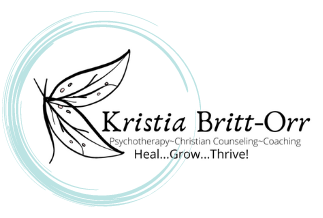Adult Attention Deficit Disorder (ADD), now commonly referred to as **Adult ADHD (Attention Deficit Hyperactivity Disorder), is a neurodevelopmental disorder that affects both children and adults. It can cause difficulties with attention, organization, and managing time, among other symptoms.
Symptoms of Adult ADHD:
1. Disorganization: Trouble keeping track of tasks and belongings.
2. Lack of Focus: Difficulty paying attention and staying on task.
3. Restlessness: Feeling constantly on edge or unable to relax.
4. Forgetfulness: Frequently forgetting important dates, tasks, or items.
5. Impulsivity: Acting without thinking about the consequences.
6. Procrastination: Delaying tasks and struggling to meet deadlines.
7. Time Management Issues: Trouble estimating how long tasks will take and managing time effectively.
8. Emotional Concerns: Increased anxiety, frustration, and low self-esteem.
9. Relationship Challenges: Struggles in personal and professional relationships due to inattentiveness or impulsivity.
Self-Help Strategies for Managing Adult ADHD:
1. Create a Routine: Establishing a daily schedule can help manage time and tasks.
2. Use Tools: Utilize planners, calendars, and reminders to stay organized.
3. Break Tasks into Smaller Steps: Tackling tasks in smaller, manageable chunks can make them less overwhelming.
4. Set Priorities: Focus on the most important tasks first.
5. Limit Distractions: Create a quiet, clutter-free workspace to improve focus.
6. Practice Mindfulness: Techniques like meditation can help manage impulsivity and improve focus.
7. Exercise Regularly: Physical activity can reduce symptoms of restlessness and improve mood.
8. Seek Support: Joining support groups or seeking therapy can provide valuable strategies and emotional support.
9. Healthy Lifestyle: Maintain a balanced diet, get enough sleep, and avoid excessive caffeine and sugar.
10. Educate Others: Inform friends, family, and coworkers about your ADHD to foster understanding and support.
Remember, while these strategies can be helpful, it’s also important to consult with a healthcare professional for personalized advice and treatment options. Do you have any specific concerns or areas where you’d like more detailed advice?

